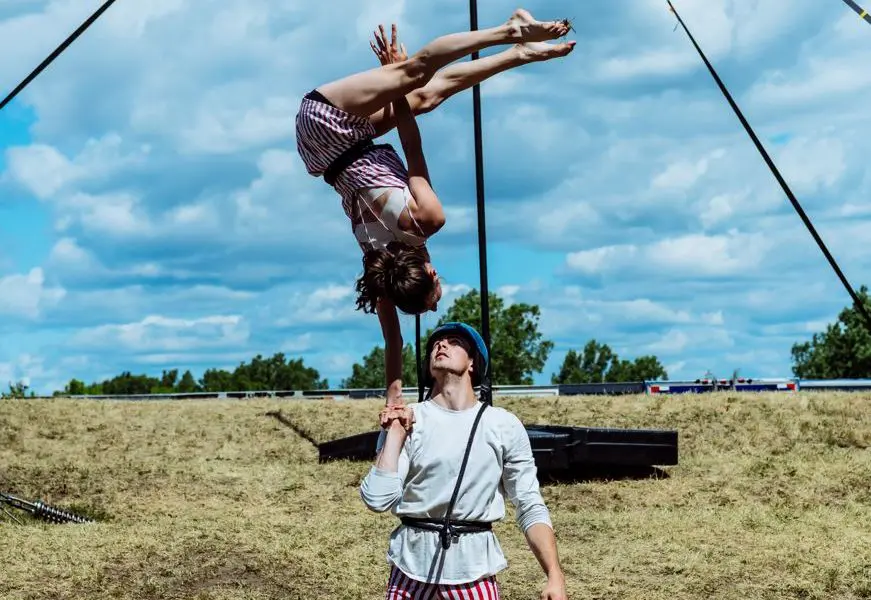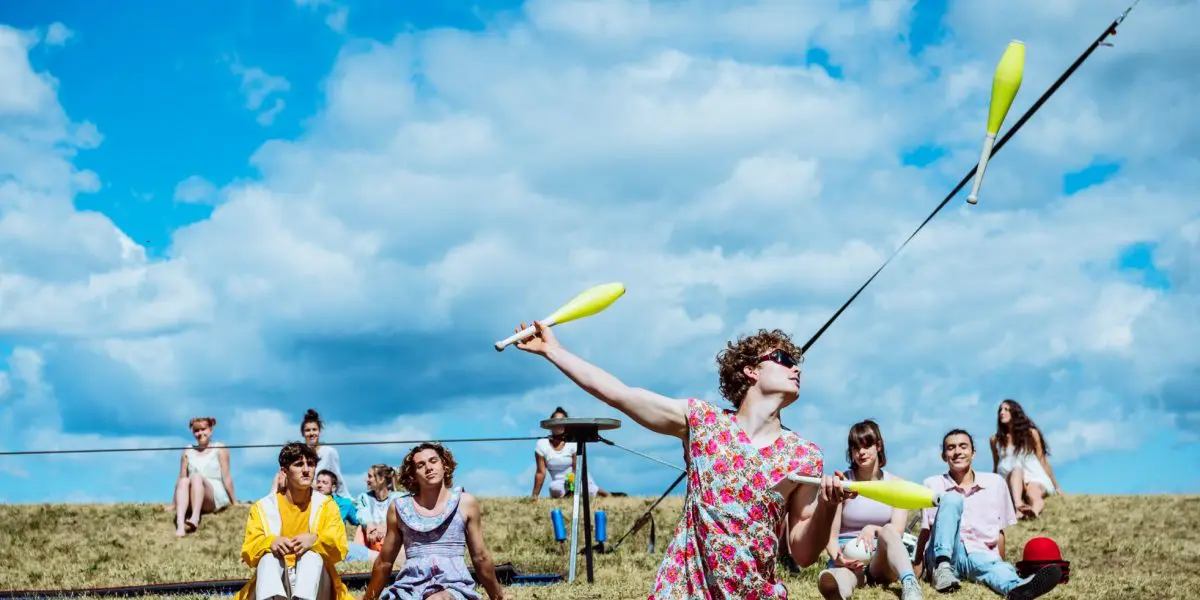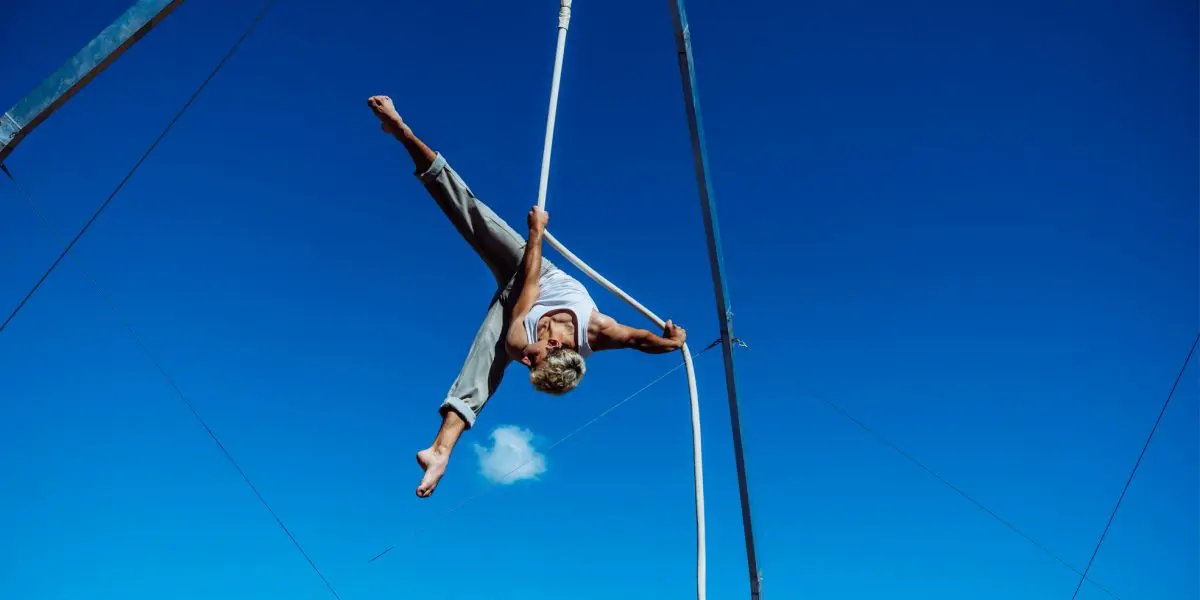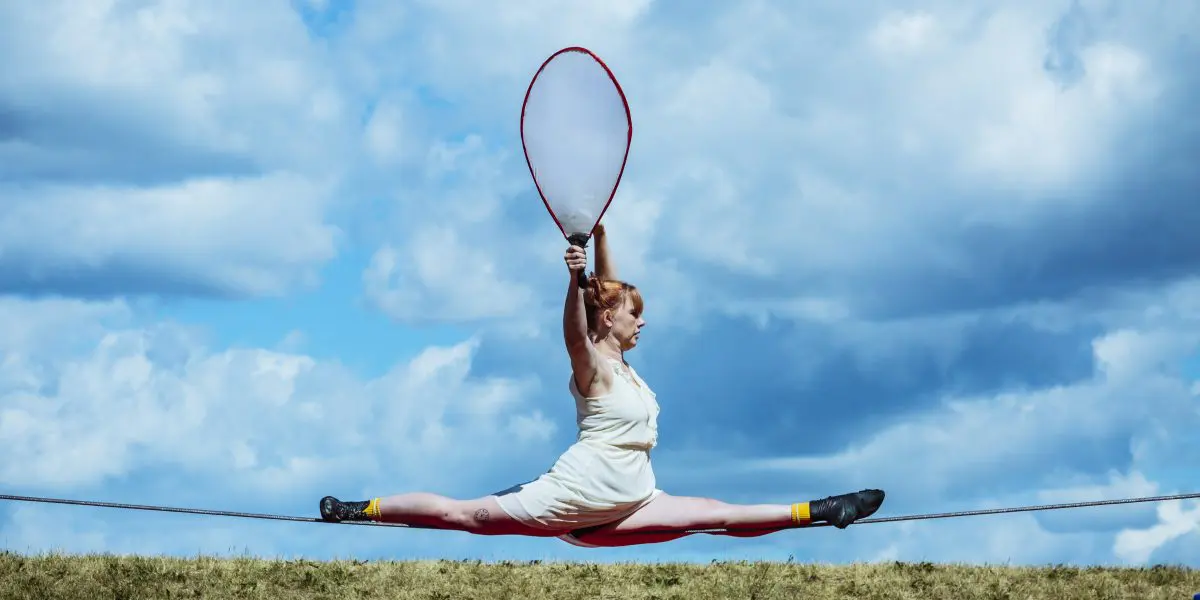
What a journey!
No departure, no luggage.
As unexpected as it was challenging, this trip played with perceptions. Like any event that marks history – our history – there was a before, an after, and above all a present.
A true encounter with oneself, a deep desire to be close to loved-ones, an introspection fueled by the lack of the other that has become too palpable. The space has given the present a bond with a decelerated self. Yet the impulse towards the other is all the more urgent, more needed, more vital.
Realize firmly that we live through the other, the others.
See the strength of our bonds as an anchor.
Live the consistency of the space between us.
Between us there is above all this crazy need for the Other
Between us there is everything that seperates and binds us,
and when I walk I don’t just look at people
but the space between them,
as if the essential was there between people.
Évelyne de la Chenelière
Presented for three days in front of an audience of 100 people per representation, this show allowed the students and creators to reconnect with a live audience. With the acrobatic apparatus alongside the lawn and clouds, the creation combines nature and circus arts. The location of the presentation resulted in unique images: a Chinese pole and aerial acrobatics in the middle of the sky, a Cyr wheel rolling down a slope and Chinese hoops across the hills. The inventiveness of the creation allows the audience to dream of the opportunities for circus arts to meet the challenges of the past year.
Despite the presence of an audience, Entre-temps is nevertheless the result of a reflection on distance and space. As Émilie Émiroglou and Nicolas Germaine explain: “This period of pandemic we have been through has led us to reflect on what connects us to each other. What divides us and what brings us together, what pushes us towards one another and what brings us to welcome the other. Inspired by a text by Évelyne de la Chenelière, L’espace entre nous, we wanted to explore in movement this question of contact with one another. The images that emerged from this reflection manifested themselves well beyond what is said, in the movement and in the dialogue of the bodies.”



